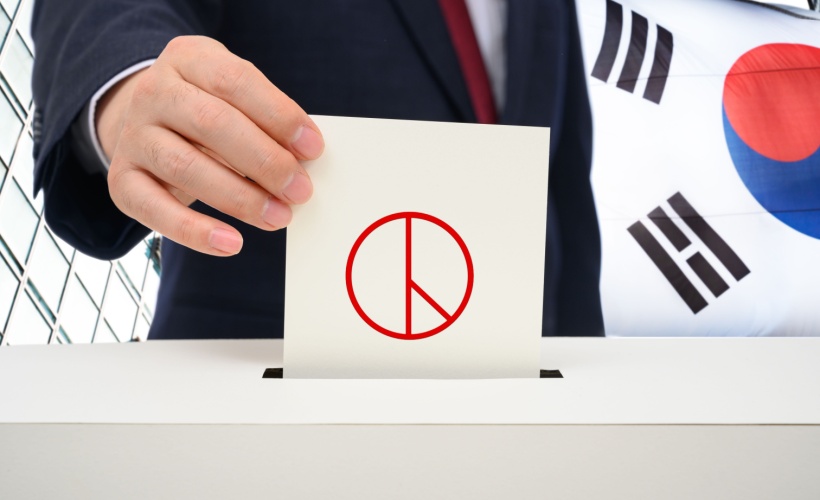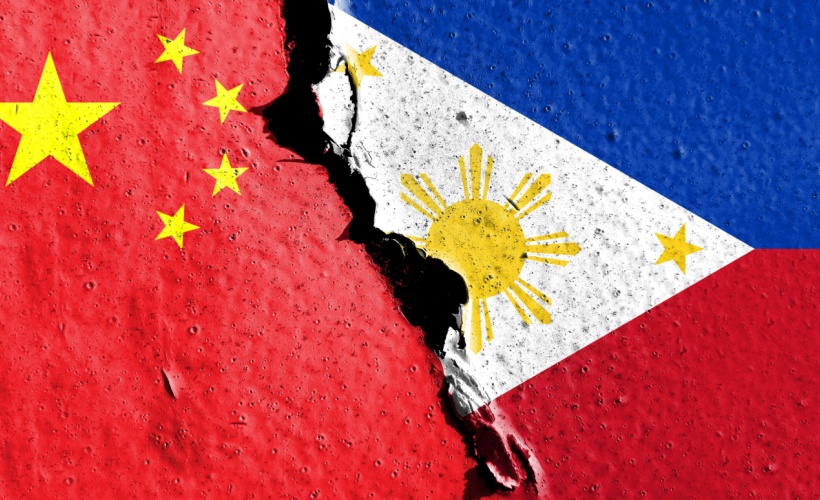By Professor Bill Hurst
On 6 December, the Biden administration announced that it would not send diplomatic or other official representatives to attend the 2022 Winter Olympic Games in China. This was followed in short order by similar moves on the part of the British, Australian, Canadian, and other governments. All cited China’s record of abuses in Xinjiang, especially against the Uyghur minority, as well as its abrogation of international human rights norms in other areas, as primary reasons for the soft ‘boycott’. Three questions immediately spring to mind: 1) will it work (that is, will it induce China to change its behaviour); 2) what reaction is likely within the Chinese government and across Chinese society; and 3) should the countries keeping diplomats home have taken this option, done something else, or carried on as normal this year.
The first question is also the easiest the US, UK, and others failing to send political leaders or diplomatic envoys to the Opening Ceremony or other parts of the Olympic Games will not alter China’s domestic political behaviour and will not likely provoke much more than rebuke on the international stage. I don’t think this was ever in doubt, but China’s immediate and acerbic ripostes made it very clear. It would be very surprising if those making the decisions in London, Washington, or elsewhere ever expected otherwise. Their moves were intended as symbolic expressions of disapprobation, not as tools to affect concrete changes on the ground.
More surprising, perhaps, is that the Chinese government is likely somewhat surprised by what it sees as this fit of pique among some of its important interlocutors and trading partners. No one was under any allusions that relations with the UK or US were especially good right now, to say nothing of China’s ties with Canada or Australia. But, China’s record on human rights and domestic governance – especially, for example, in Tibet and majority-Tibetan areas of other provinces – did not look that much better in 2008 than it does today. China has remained relatively constant, while the world’s reaction has changed and soured. At least this is likely the perception of some in Beijing. In any case, however, few (if any) inside the government would argue that China should prioritise international reputation over domestic security and political control.
More widely across Chinese society, reactions are no doubt varied. A decent percentage of people have almost certainly not even heard of the ‘diplomatic boycott’. Among those who have, many certainly don’t care at all one way or the other. Within the minority who do, there are likely some who feel ashamed that China’s global image has sunk to near pariah status in many quarters. But there are surely many others for whom the diplomatic boycott only reinforces a narrative of China coming under attack from hostile forces abroad, especially in the most cosmopolitan corners of Western democracies, seeking to restrain its development and blunt its rightful aspirations. This vocal segment of Chinese society will feel more maligned than chastened.
If the boycott won’t change China’s behaviour, and only bewilders its bureaucrats and annoys at least some of its citizenry, was it the right thing to do? Morally, yes. Politically, maybe. While the direct utility of withholding diplomatic representation at ceremonial games is limited, it does serve to send a signal (even if a relatively cheap or weak one). China’s Olympics next year are primarily a domestic political show, designed to project an image of success and gravitas to the masses. With the games (and the country at large) closed to almost all international guests due to Covid, the absence of a few dignitaries at one or two ceremonies will hardly be noticed by the intended audience. The signal comes mostly in the form of denying CCTV close-ups of a beaming Joe Biden or cheering Boris Johnson, endorsing the spectacle by participating in its performance.
Keeping athletes home from Moscow in 1980 didn’t push the Soviet Union out of Afghanistan, but it held back the achievements of a generation of American sports stars. Few now remember that the US Ambassador to Berlin (along with other prominent figures) protested and publicly criticised America’s participation in the 1936 Olympics, but most school children today still learn about how Jesse Owens embarrassed Hitler and struck a globally visible blow against Nazism with his record-breaking performance. Letting the athletes compete, while using diplomatic channels and symbolism to send political messages is the right call, even if it might appear a bit of a waffle.







